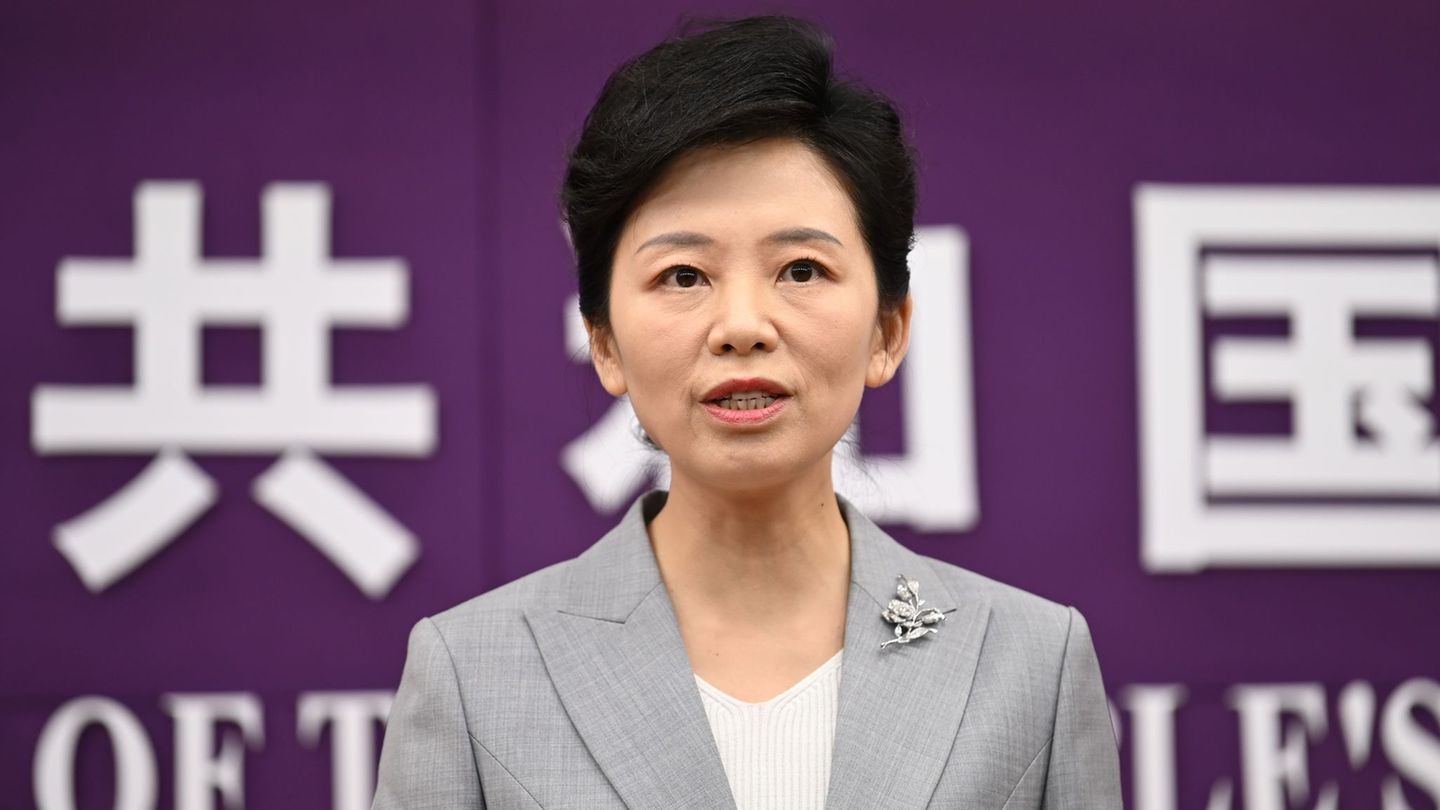The streaming music platform announced that it will leave Uruguay and Álvaro Delgado anticipated that “work is underway” for the company to review the decision.
The government negotiates with all parties to try to prevent the departure of Spotify of the country, since the streaming music platform anticipated that it will leave for disagreeing with two articles of the Accountability that cause you to double your expenses in copyright payments.
The content you want to access is exclusive to subscribers.
The Secretary of the Presidency, Alvaro Delgado, He anticipated that meetings are taking place “with all parties” to deactivate the departure of the Swedish company, thus joining the request of the Uruguayan Society of Interpreters(Sudei), which called on production companies, record labels and platforms to discuss to reach an agreement.


When asked at a press conference about the situation, Slim minimized the possible departure of Spotify clarifying: “We are working, but, first, things by name: for now they are comments.”
In any case, he admitted that the government “is working with all the actors to have a good result,” he confirmed that “there have already been” meetings and anticipated that there will be more. “As in all delicate things, it is better to do it under the radar. I prefer to comment on it later when we advance a little further,” said the leader.
Why is Spotify looking to leave Uruguay?
From Spotify They confirmed in a statement that they will begin to gradually stop providing services from January 1, 2024, with the intention of “completely ceasing the service in February, to the detriment of artists and fans.”
The Swedish firm questioned “the lack of clarity about the changes in the laws of Copyright included in the Law of Accountability 2023”, focusing on articles 284 and 285.
The first of them adds to the social networks and internet like other formats by which, if a song is played, the performer has the right to financial remuneration. Meanwhile, the remainder proposes remuneration for “the agreements entered into by authors, composers, performers, directors and scriptwriters with respect to their power of public communication and making phonograms and audiovisual recordings available to the public.”
By speaking out against this situation, Spotify He assured that “he already pays about 70% of every dollar he generates from music to record companies and publishers, owners of the music rights, who represent and pay artists and composers,” so he warned: “Any additional payment “It would make our business unsustainable.”
Source: Ambito




